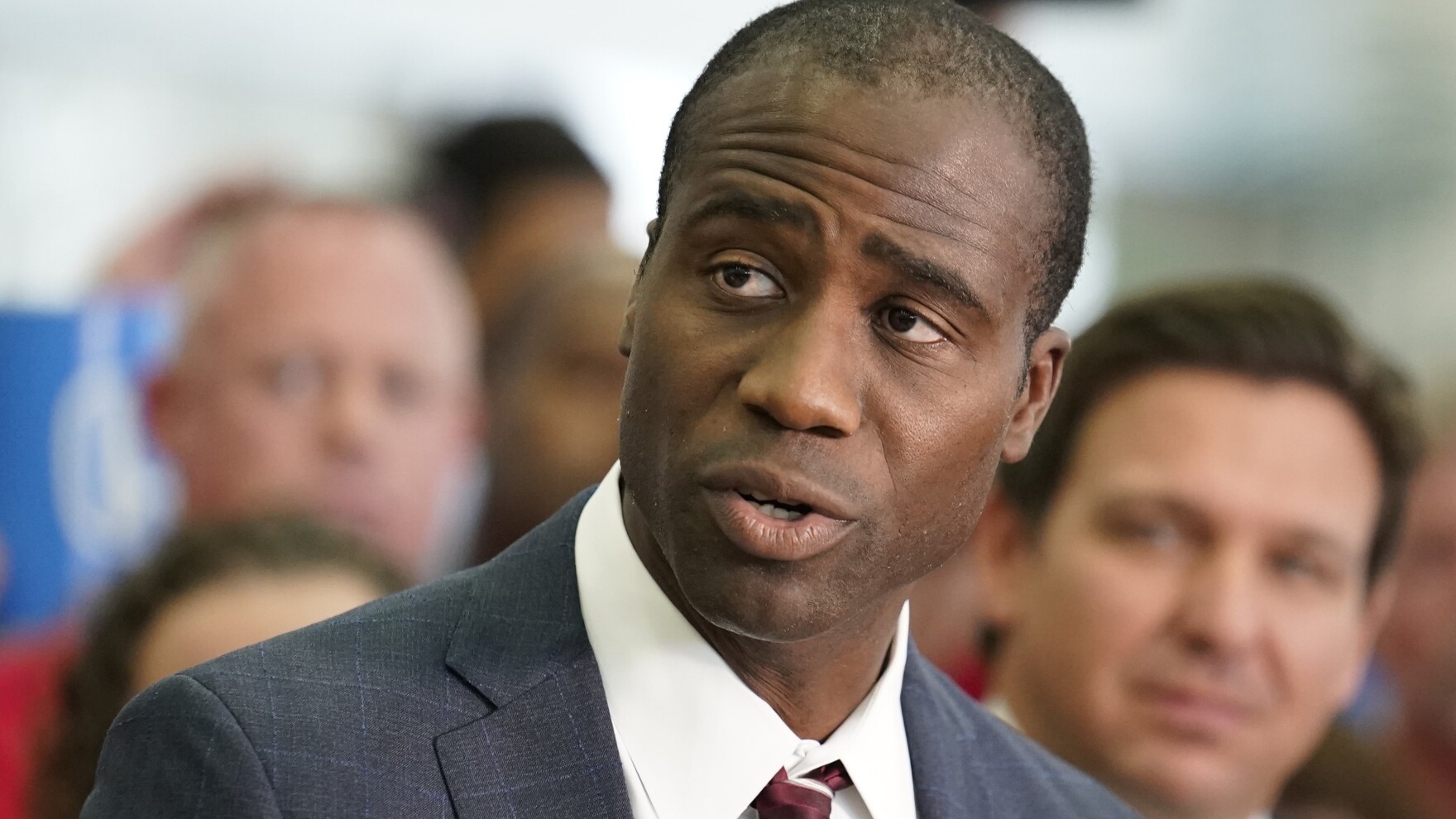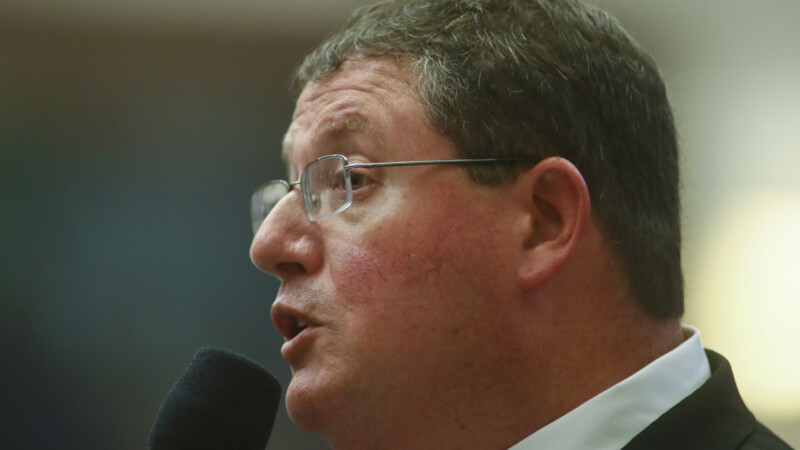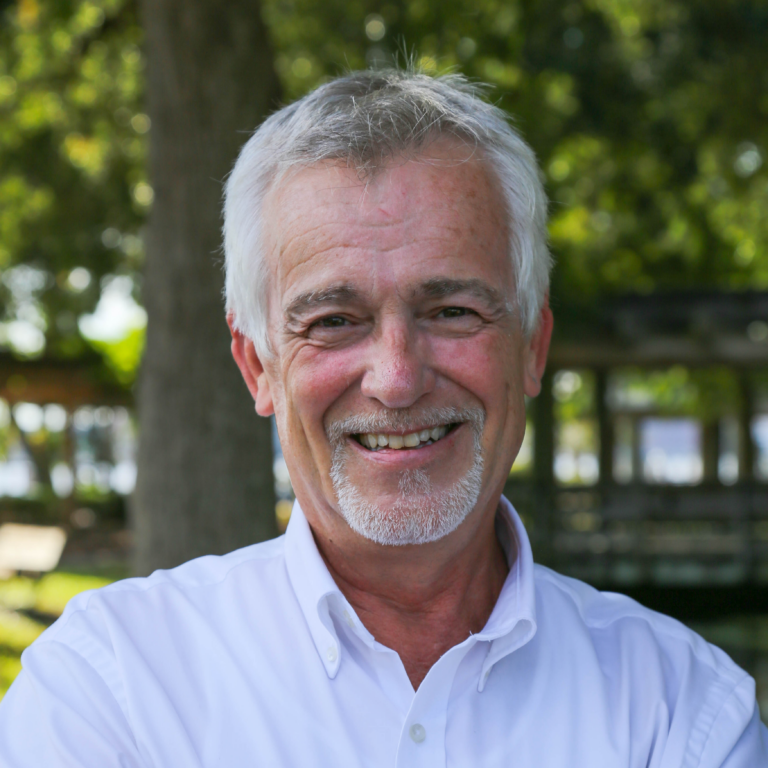Speaking in Jacksonville, the head of the American Medical Association joined a chorus of people questioning the Florida surgeon general’s advice against COVID-19 vaccines for young men.
Dr. Jack Resneck Jr. said the advice of Dr. Joseph Ladapo, the surgeon general, was not consistent with large studies confirming the safety of COVID-19 vaccines.
“There are just a lot of criticisms about the information that was put out, and it’s not consistent with what we know about the vaccines,” Resneck said in an interview on First Coast Connect with Melissa Ross.
Ladapo has taken fire since the Florida Department of Health issued guidance Friday recommending against COVID mRNA vaccines — like Pfizer and Moderna — for men 18 to 39 years old.
The guidance, quoting an unpublished study, concluded that there is an 84% increase in the incidence of cardiac-related death among those men within 28 days after vaccination.
Ladapo then tweeted that “FL will not be silent on the truth.” On Monday he tweeted: “I love the discussion that we’ve stimulated. Isn’t it great when we discuss science transparently instead of trying to cancel one another?”
Ladapo has been a vaccine skeptic from the start. In March, he announced that the state Health Department would recommend against COVID vaccination in children ages 5 to 17. Florida was the only state in the country that did not request COVID-19 vaccine from the federal government to give to young children.
Experts quickly criticized the paper Ladapo cited Friday, noting that its authors were not identified, it was not subjected to the usual review of peers, and its research approach was faulty.
“The data that were in that tweet were really not from what we would consider a well-done study,” Resneck said on First Coast Connect.
“I just first want to say we have a really overwhelming amount of evidence about the safety and effectiveness of COVID vaccines,” Resneck said. “We know they’re safe; we know that they keep people out of the hospital; and we know that people who do have to be hospitalized, who’ve gotten them are far less likely to die of COVID.”
Resneck condemned the amount of disinformation put out to deliberately mislead the public
“What we’ve seen is this really does harm to our patients,” he said. “It’s amazing to see and frightening to see what a very small group of people who are well coordinated and centralized and sometimes even monetizing disinformation can do on social media in terms of the number of people who get misled.”
It is important to protect people’s First Amendment rights and the ability to disagree about science, Resneck said, but “there are some times when we know enough to know something is absolutely true or absolutely false. And when we see people putting out things that we know are false, particularly if it’s somebody from my own profession, really violating the ethics of our profession by doing so.”
Resneck is in Jacksonville for the Future of Health Care Conference at the Prime Osborn Convention Center.
9(MDEwNzczMDA2MDEzNTg3ODA1MTAzZjYxNg004))







